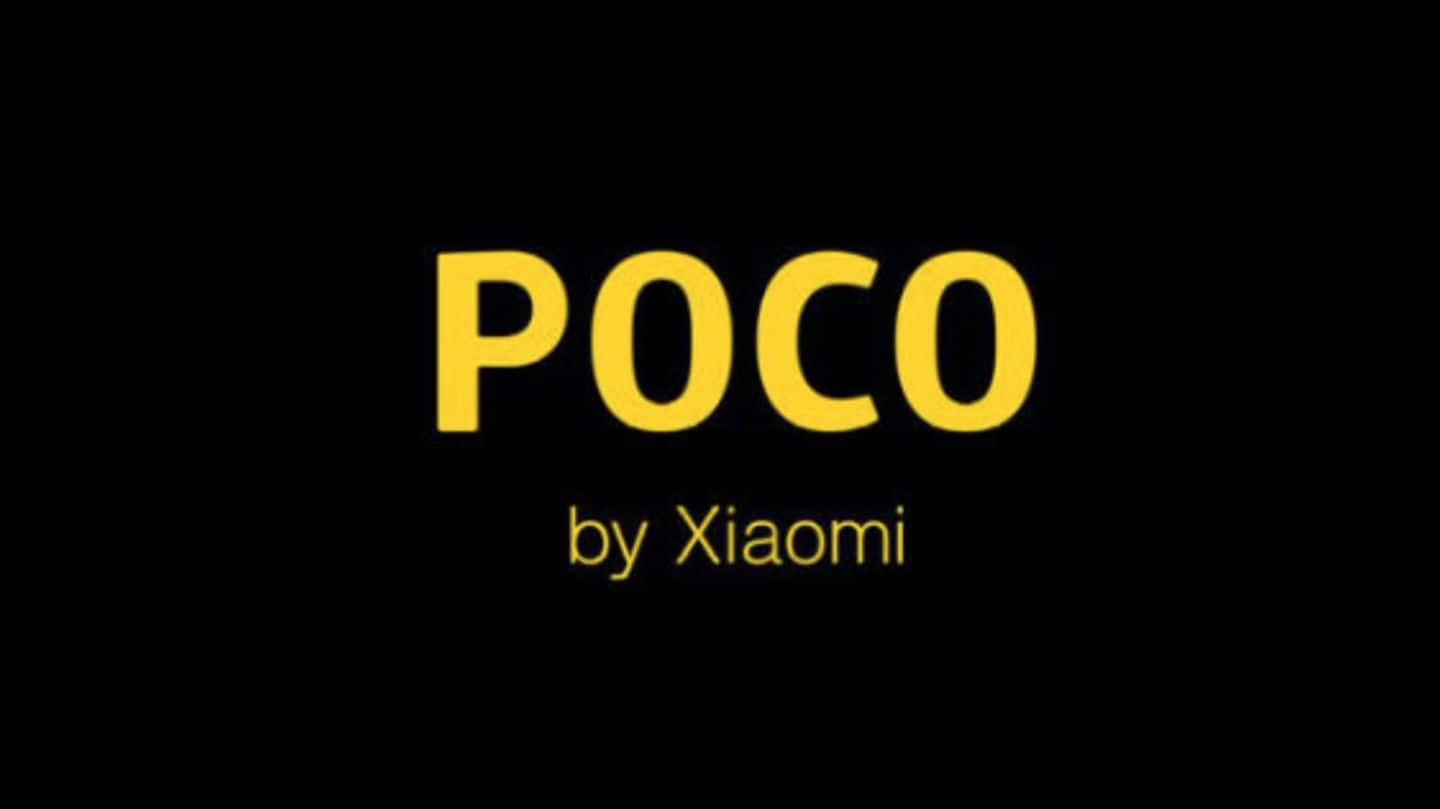
Xiaomi sub-brand POCO announced in India, Pocophone F1 launch imminent
What's the story
For quite some time, there have been rumors about the Xiaomi Pocophone F1. And finally, the Chinese tech giant has teased its global sub-brand Pocophone in India as POCO. This suggests that POCO branded smartphones, possibly the Pocophone F1 - the first smartphone under the brand - will also be launched in India. Here's more on this development.
Twitter Post
Global Pocophone to be called POCO in India, confirms Xiaomi
Today is a special day. I'm excited to start sharing more about the new project I've been working on. Wish me luck! @IndiaPOCO @GlobalPocophone pic.twitter.com/tZcAUjmgI5
— Jai Mani (@jaimani) August 9, 2018
New beginning
About POCO, Xiaomi's new venture
POCO (in India) and Pocophone (globally), is Xiaomi's new sub-brand that will focus on manufacturing "powerful smartphone" with top-end specs but at a cheaper price-point, something what OnePlus does. However, currently, there is no official word on what kind of products will be released under the POCO brand. That said, we know the first phone, dubbed as Pocophone F1, is in the works.
From the grapevine
Everything we know about Pocophone F1
According to a leaked video, the Xiaomi Pocophone or Pocophone F1, will be powered by a Qualcomm Snapdragon 845 processor with a liquid cooling system, coupled with 6GB of RAM and 64GB/128GB of storage. Other specs expected on the Pocophone F1 are 4,000mAh battery, IR Face Unlock, a 3.5mm audio jack and a USB Type-C port.
Details
What else to expect from the Pocophone F1?
The Pocophone F1 is expected to feature a 5.99-inch (1080x2160 pixels) notch-based display and will be offered in Blue and Grey color options. Further, reports suggest the phone will sport dual rear-camera setup with 12MP primary sensor with 1.4-micron pixels and dual-pixel autofocus, and a 5MP secondary sensor. The front camera is said to be a 20-megapixel sensor with support for Super Pixel technology.
Pricing
Upcoming Xiaomi flagship could start at Rs. 33,640
The Pocophone F1 is expected to start at EUR 420 (Rs. 33,640) for the 6GB/64GB variant and cost around EUR 460 (Rs. 36,850) for the 6GB/128GB model. At this price point, the phone will be one of the cheapest flagships to sport a Snapdragon 845 processor. It will take on the likes of Honor 10, ASUS ZenFone 5Z, Huawei Nova 3 and OnePlus 6.